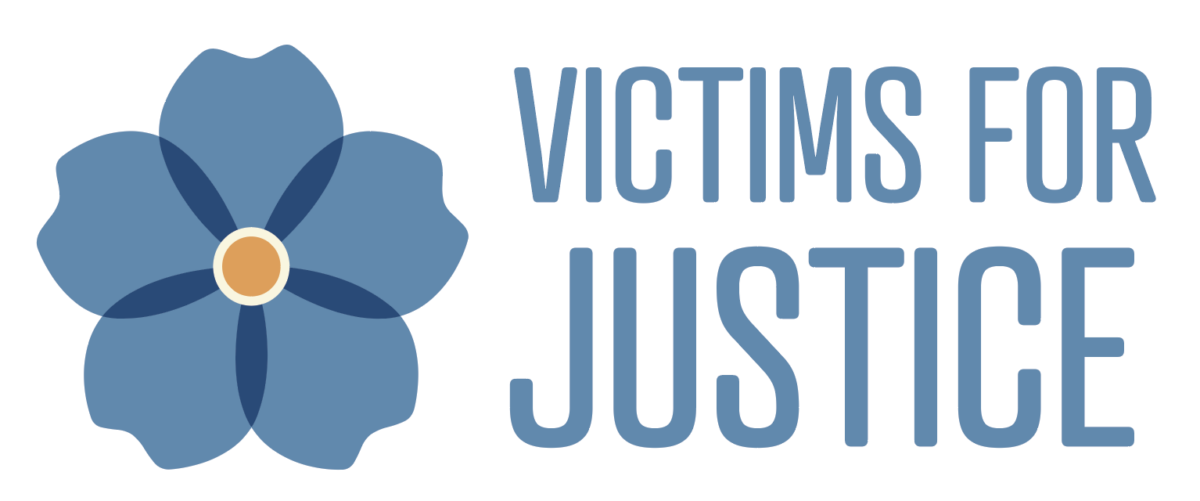Advocate Spotlight: Cynthia Gachupin

Cynthia Gachupin is a new advocate at Victims for Justice. She was hired as an executive assistant last fall but made it known shortly afterward that she would be interested in training to be a victim advocate. Cynthia took time for a brief interview so our readers and clients can get to know her. What follows are excerpts:
In a nutshell, what is your professional background and why did you choose that career path?
I have a BA in Human Services and have mostly had Admin Assistant positions over the last 15 years. Now that my kids are older, I can follow my passion/career path that I have always wanted to do.
Why did you decide you wanted to work for VFJ?
I had a family member that was murdered a few years ago in California. My family was able to utilize an organization like VFJ to help with expenses and counseling. When I saw that VFJ was hiring I was very excited to get the opportunity to work for this org.
What do you like most about this work?
I love that I can help and support people/families going through such difficult situations. Our work is so important and has so much purpose…
At the end of my workday, I can go home feeling as though I have made a difference.
What do you hope to accomplish during your time at VFJ?
I hope to continue my education in Advocacy and gain more experience. I would like to be the best Advocate that I can be and help the people/families that we serve.
How do you fill your free time (assuming you have any! 😊 I know as a working parent the concept of free time is aspirational at best!)?
I have three children between the ages of 6-15 and I spend most of my free time with them. We spend a lot of quality time indoors since the pandemic and my favorite thing to do is to have a “movie night” when new releases are streaming. We make popcorn, candy boxes, and bring out all our pillows/blankets for an at home “theater experience”.
Anything else about yourself that you would like to add? (How long you’ve been in Alaska, where you have lived outside the state if applicable, any foreign languages, volunteer experiences, etc
I grew up in southern California and moved to AK when I was 22. I’ve lived here for almost 16 years and have raised my kids in the Chugiak/Anchorage community.

Recent Comments